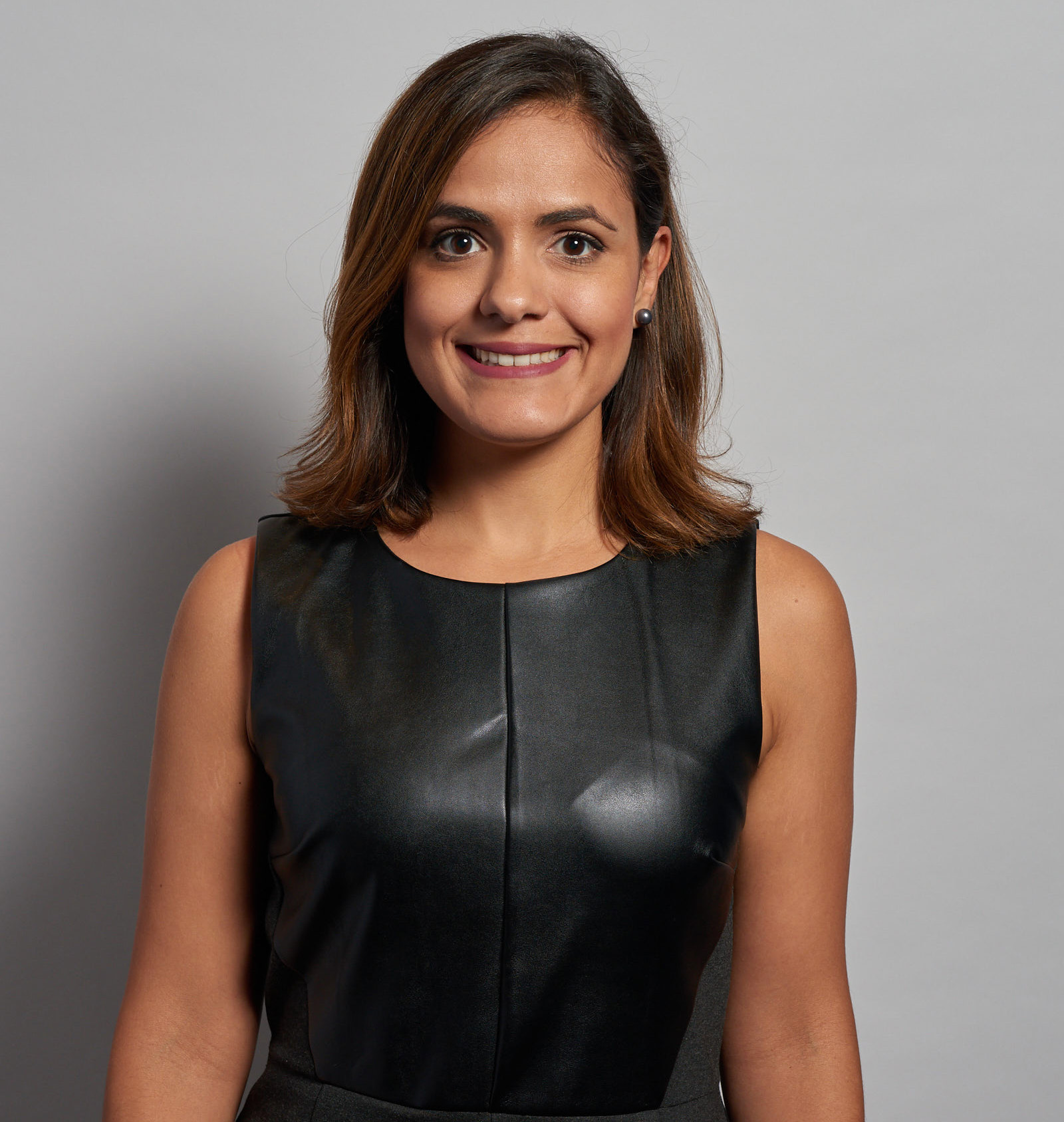OCTOBER 2023
Research Grants Subcommittee
The Function of the Research Grants Subcommittee
The Research Grants Subcommittee aims to encourage and support psychoanalytic research through its principal activity of inviting grant applications and awarding financial grants to outstanding psychoanalytic research proposals. The subcommittee has a broad view of what constitutes psychoanalytic research.
As stated on the IPA Website:
We support psychoanalytical research of all kinds including clinical, experimental, conceptual and applied research…The major requirement is that the research expand psychoanalytic knowledge. Research proposals must be clearly related to psychoanalysis, and all proposals must be accompanied by an explicit statement of how the research contributes to psychoanalytic knowledge.
Research Mandate and IPA Priorities
As authorized by the Board and Officers of the IPA, the Research Grants Subcommittee is a division of the IPA Research Committee and works in collaboration with the Clinical Research Subcommittee and the Sandler Conference/Research Training Programme Subcommittee. The Research Mandate is located on the IPA Website here: https://www.ipa.world/ipa/en/Committees/Committee_Detail.aspx?Code=IRB
A major IPA priority is to “encourage the promotion of psychoanalysis as a method of treatment and as a complex and pluralistic set of evolving theories about the mind and culture to strengthen psychoanalysis, psychoanalytic training and psychoanalytic ideas across the world.” An additional current priority is to study the process of teleanalysis (psychoanalysis via telehealth technology) by welcoming high quality, methodological sound research proposals designed to explore the full implications of teleanalysis. A full account of IPA priorities is available here: https://www.ipa.world/IPA/en/Psychoanalytic_Theory/Research/Committee_for_the_Evaluation_of_Research_Proposals.aspx
Benefits of Research
In 1997, then President Otto Kernberg, announced the formation of the Research Advisory Board to provide a regular channel of financial support for psychoanalytic research. Robert S. Wallerstein was designated as the first Chair of the Research Advisory Board, the predecessor of the current IPA Research Committee.
Expanded psychoanalytic knowledge is perhaps the most important direct benefit to the IPA and psychoanalysis stemming from psychoanalytic research. In addition, the process of inviting, evaluating, and selecting proposals for funding has impacts of its own in stimulating research activity around the world.
To offer some examples, psychoanalytic research projects develop new research methodologies suitable to evaluate the efficacy of psychoanalysis, identify mechanisms of change in treatment, clarify the psychological implications of major life cycle events, study the validity of central psychoanalytic concepts, and evaluate the increasing benefit of change following psychoanalytic treatment. Other benefits of psychoanalytic research include positive impacts on the standing of psychoanalysis in relation to psychology and psychiatry, other mental health treatment areas, academic institutions, journalism, the larger world of scientific research, political institutions, healthcare policy, and philanthropic organizations. Studies of applied psychoanalysis have important implications for allied intellectual disciplines, child development, the relationship of psychoanalysis to social and cultural issues, brain imaging and other studies in neuroscience and advances in the theory of mind.
Domains of Research
To carry out its broad mission, the subcommittee seeks to balance grant awards in the following domains of inquiry:
• Outcome of treatment
• Psychoanalytic process
• Child and Adolescent treatment and development
• Conceptual research
• Mind and brain
• Social and cultural implications of psychoanalysis
• Teleanalysis
• Single case studies
Commitment to Promoting Psychoanalytic Research in all IPA Regions and in Widespread Locations within each Region
Subcommittee members, themselves representing all three IPA regions, work to support psychoanalytic research in their own regions and to identify and fund high quality research proposals from diverse settings. In addition, small Grant awards are available for IPA candidates and recent graduates. Each year, the subcommittee receives applications from more than 20 countries. In order to encourage more applications from Latin America, the subcommittee invited applications and reviews in Spanish as well as English. Additional languages may be added in the future.
Recent Awards
Applications Awards Dollar Total Reviewers
2021 81 12 $100,000 56
2022 53 13 $100,000 73
2023 73 21 $110,000 147
You may find additional information about the projects that have been funded here:
2021: https://www.ipa.world/IPA/en/Psychoanalytic_Theory/Research/2021_accepted_research_grants.aspx
2022: https://www.ipa.world/IPA/en/Psychoanalytic_Theory/Research/2022_IPA_Research_Grants-_Awarded_Recipients.aspx
2023: (Titles only)
Biological Function of Dreaming
Complete Digital Bibliography and Facsimile Edition of Sigmund Freud’s Works
The Free Association Project
Correspondence Between Play and Developmental Markers
Translation of OPD-SQ, OPD-CQ into French and Validation
Parent-child playgroup for Asylum Seeking and Refugee Families
Emotional Availability and Reflective Functioning in Mothers and Fathers
A Psychoanalytic Analysis -- The Function of Correspondence by Jewish People in Nazi Camps
Epistemic Mistrust, Defense Mechanisms and Transference
Psicoterapia Psicoanalytica Focal en un Servicio Publico
Caracteristicas de Pacientes Sobrevivientes de COVID
Diversidad en la Communidad Psicoanalytica
Mother-Baby Online Intervention Group
Experiencias Adversas Tempranas (EATs) y Nivel de Integracion de la Personalidad
Analytic Frame in the Face of Poverty, Danger, and Othering
Exploration of Psychoanalysts' Adherence, Therapeutic Attitudes, and Flexibility
Small Grants: Childhood Personality Assessment Q-Sort (CPAP-Q)
Small Grants: Defense, Resistance -- Climate Crisis
Mentalizing in Greek Young Adults: Longitudinal Adoption Study
New Epistemology for Psychoanalysis: Wittgenstein's Critique of Freud
MODE (Multimodal Outcome Study of Psychoanalyses of Chronically Depressed Patients) – A description of the MODE project is available within the website for grants awarded in 2022. Funding provided for this important project in 2023 was a continuation of a previous award.
Chair of the Research Committee
 Siri Erika Gullestad, Oslo, Norway
Siri Erika Gullestad, Oslo, Norway
Members of the Research Grants Subcommittee
 Charles Fisher, Chair, Berkeley, California
Charles Fisher, Chair, Berkeley, California
 Stephan Doering, Vienna, Austria
Stephan Doering, Vienna, Austria
 Alexandra Harrison, Cambridge, Massachusetts
Alexandra Harrison, Cambridge, Massachusetts
 Stephan Hau, Stockholm, Sweden
Stephan Hau, Stockholm, Sweden
 Rogerio Lerner, Sao Paulo, Brazil
Rogerio Lerner, Sao Paulo, Brazil
 Clara Schejtman, Buenos Aires, Argentina
Clara Schejtman, Buenos Aires, Argentina
 Karl Stukenberg, Cincinnati, Ohio
Karl Stukenberg, Cincinnati, Ohio
Grants and Events Officer
 Ana Paiva, IPA Staff
Ana Paiva, IPA Staff
The Process of Evaluating Research Grant Proposals
Three grant reviewers, with special interest or expertise in the research area of the application, are appointed to evaluate each proposal. Their reviews are then evaluated by a member of the Subcommittee. Where there are significant differences of opinion among the reviewers, the Subcommittee member further reviews the original application, possibly requesting additional information from the applicant, in order to reach a clear evaluation.
The Subcommittee then creates a short list of potential grant awards, all of which are deemed worthy of funding. However, due to limited funds against a high volume of outstanding projects, this short list must be narrowed.
The Subcommittee then holds a final decision-making meeting to refine and narrow the short list. In doing so, Subcommittee members look primarily at the special merits of each application, but also consider the distribution of grants among the various IPA regions and across the various domains of research (bearing in mind that there often is not an equal number of submissions from the three IPA regions or within the various domains of research.)
Communication and Transparency
By arranging meetings with IPA Officers, Board Members, and Research Grant Reviewers, the Research Grants Subcommittee maintains a process of transparency and feedback. Reviewers receive feedback about the results of their work and provide feedback to the subcommittee about the reviewing process itself. Recent innovations in the process are due to reviewers’ recommendations. Meeting IPA officers and Board members promotes alignment between the work of the grants subcommittee and the priorities of the IPA.
The subcommittee also provides feedback to applicants whose projects were not accepted for funding. In addition to providing transparency about the process, the goal of this feedback is to provide useful information to applicants as to how they may improve future grant applications.
In 2023, the Subcommittee began offering video tutorials for applicants explaining how to prepare a high quality research proposal. Tutorials are available in English, Spanish, and Portuguese. The same material is also available in text format: sample tutorial in English
Application to Clinical Work
The clinical implications of psychoanalytic research are of special importance. By collaborating with the other two subcommittees of the Research Committee – the Clinical Research Subcommittee and the Sandler Conference/Research Training Programme Subcommittee – the Research Grants Subcommittee participates in a process of translating back and forth between clinical and research questions in psychoanalytic work.
One result of collaboration among the subcommittees of the Research Committee is the production of two short videos presenting important research papers in a highly accessible form. These videos were largely the inspiration and work of Rogerio Lerner, who is a member of the Research Grants Subcommittee as well as the Sandler Conference/Research Training Programme Subcommittee. The papers illustrated by these two videos are:
Jonathan Shedler, “The Efficacy of Psychodynamic Therapy,” American Psychologist, February – March, 2010. https://youtu.be/OT6iwJdwkFA
Falk Leichsenring, et al., “Psychodynamic therapy meets evidence-based medicine: a systematic review using updated criteria”, Lancet Psychiatry. 2015
https://app.frame.io/reviews/f1292ef3-57e4-49a2-87f6-8ee6beef1f76/101e1538-b18e-40f9-8fa5-91f1edf436a0
Additional Priorities
In addition to its current function of supporting and disseminating the results of psychoanalytic research carried out by others, the Research Committee may be asked to carry out “in house” research projects to answer questions important to psychoanalysts, the IPA, and its various regions. Such questions have been posed concerning teleanalysis and training, the impact of frequency of psychoanalytic sessions, and the findings of Working Parties and Clinical Observation Groups. In order to tackle such questions “in house,” the Research Committee would require additional resources – financial, intellectual, professional, and availability of IPA staff. In addition, consistent with the best research standards, it would be especially important to focus on generating new knowledge rather than seeking to demonstrate what is thought to be already known.
Summary
The Research Grants Subcommittee welcomes the promise of exciting new findings via psychoanalytic research.
Committee of the Month Archive
2023
2022